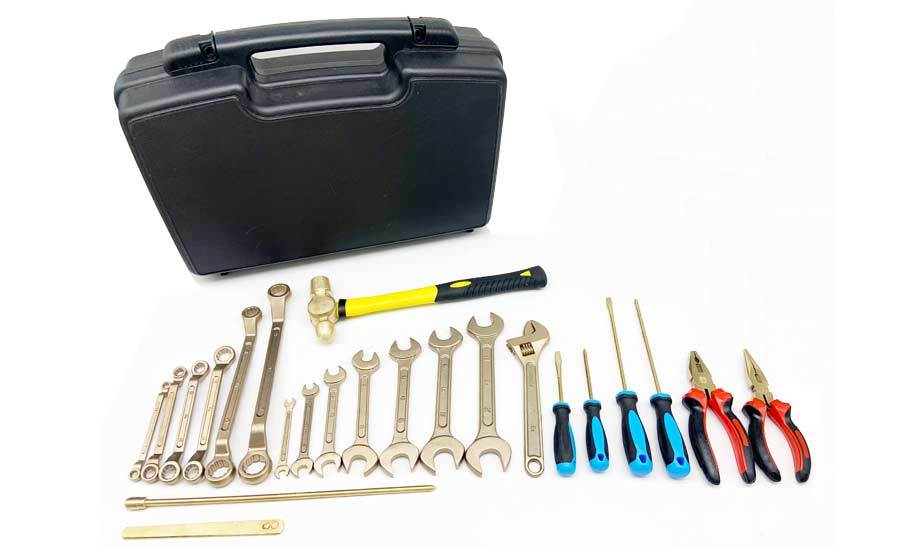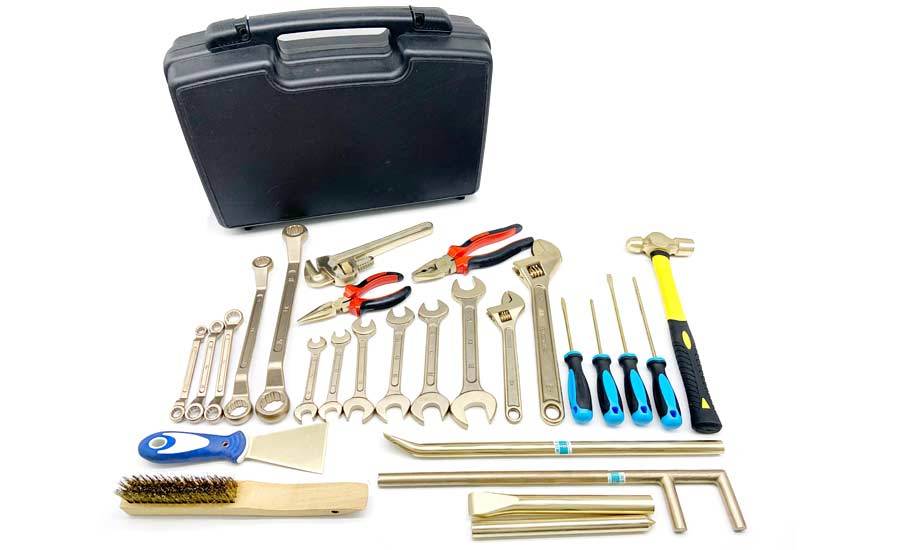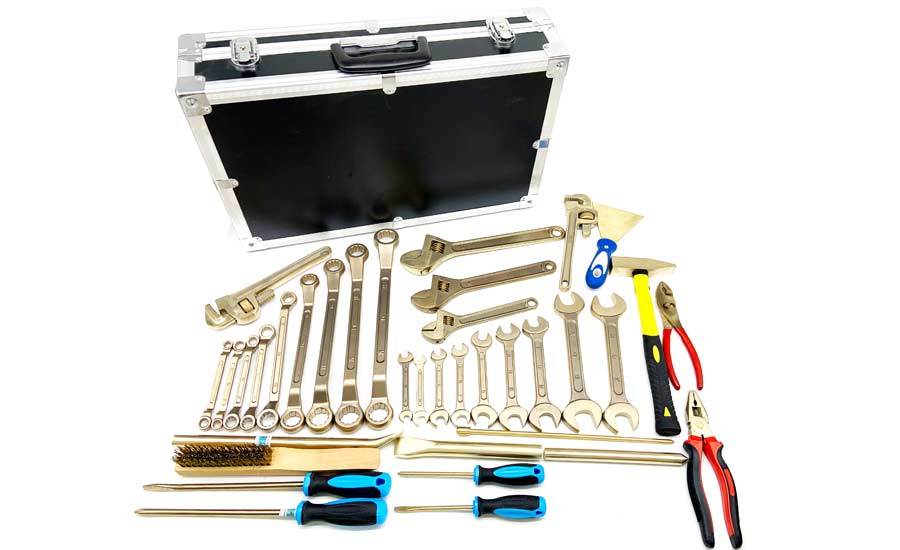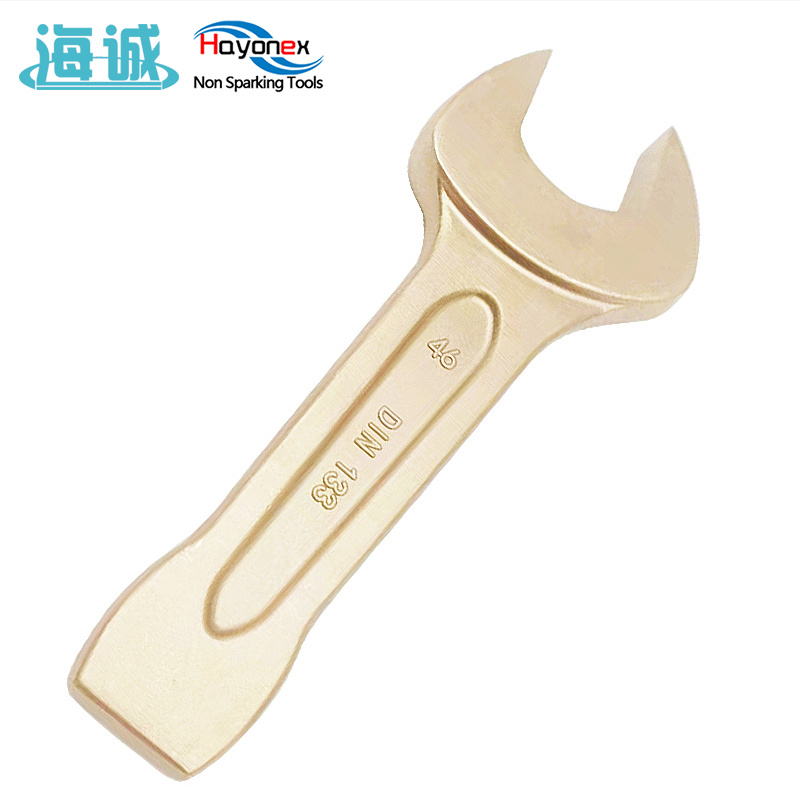Safety First: The Importance of Non-Sparking Tools in Hazardous Industries
Release time:
2025-09-14
【Summary】 Our company produces explosion-proof tools, anti magnetic tools, non-sparking tools adjustable wrenches, non-sparking tools copper hammers and other safety tools. You can contact us+86 199 3375 6239 haiyangtools@hayonex.com haiyangtools@Gmail.com
Introduction: Why Safety Matters
In the bustling world of industrial work, safety should always be a top priority. It's not just a buzzword; it's a necessity. One of the unsung heroes in this quest for safety is none other than non-sparking tools. These tools play a crucial role in environments where explosive materials are present. Let's dive into their significance and look at some real-world applications.
What Are non-sparking tools?
So, you might be wondering, what exactly are non-sparking tools? Simply put, these are tools made from materials that do not produce sparks when struck against hard surfaces. Commonly crafted from metals like brass, bronze, or special alloys, they're designed to minimize the risk of igniting flammable substances. This is especially vital in industries like oil and gas, mining, and chemical processing.
The Science Behind non-sparking tools
When working with volatile materials, even the tiniest spark can lead to catastrophic results. Non-sparking tools are engineered to withstand impact without generating sparks. This feature is often achieved through specific manufacturing processes that alter the material properties, ensuring they are safe to use in hazardous environments.
Industry Case Study: Oil and Gas
Let's take a closer look at the oil and gas industry, where safety is paramount. Imagine a drilling rig surrounded by highly flammable gases. Here, using non-sparking tools is not just a recommendation—it's a requirement. For instance, a drilling crew using standard metal tools could inadvertently create sparks that ignite gas leaks, leading to disastrous explosions. However, by opting for non-sparking wrenches and hammers, they significantly reduce this risk. Talk about a game-changer!
Case Study: Chemical Processing
Another striking example comes from the chemical processing sector. Chemicals can be volatile, and even a slight mishap can lead to severe consequences. One facility made the switch to non-sparking tools after a series of close calls with traditional tools. Since then, they've reported a marked decrease in incidents. The lesson? It's clear—safety is not just about compliance; it's about taking proactive steps to safeguard lives.
Choosing the Right non-sparking tools
Alright, so you're sold on the idea of using non-sparking tools. But how do you choose the right ones? First off, consider the materials. Look for tools made from high-quality alloys that are specifically designed for your industry needs. Secondly, ensure that they are certified and meet safety standards. Finally, don't forget about ergonomics! Comfort and usability can't be overlooked—after all, a good tool is one that's easy to use.
Maintenance Is Key
Now that you've got your non-sparking tools, it's essential to maintain them properly. Just like any other equipment, these tools require regular checks and cleaning to ensure they remain effective. A little TLC goes a long way—after all, a well-maintained tool not only lasts longer but also performs better.
Conclusion: Invest in Safety
In conclusion, investing in non-sparking tools is investing in safety. Whether you're in the oil and gas industry, chemical processing, or any other field where hazards abound, these tools are indispensable. They not only protect workers but also contribute to a safer workplace culture. Remember, safety isn't just a checklist; it's a mindset. So go ahead, take that step towards a safer environment—your team will thank you!
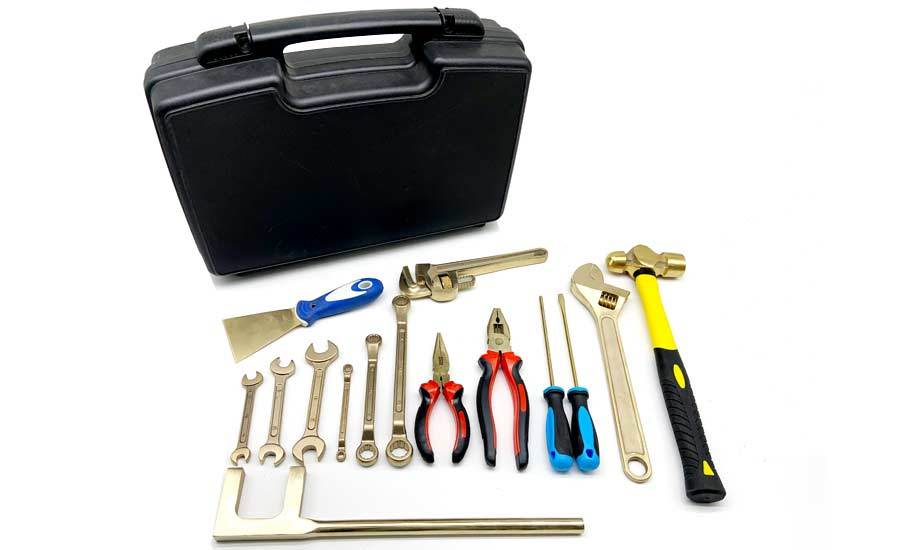
Key words:
Key words:
non-sparking tools, adjustable wrenches,safety tools,hammer
Previous:
Related News







